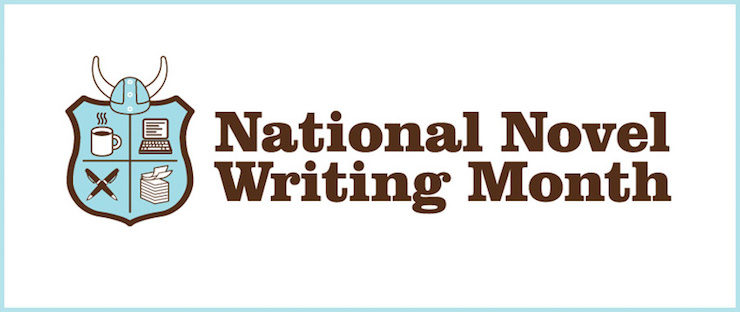“Finding the courage to write fiction sometimes means finding the courage to fully admit the staggering range of your doubts and fears, and to see them for what they are: an expression of a part of yourself so entangled with your ambition and creativity and drive that the two can never fully become extricated.”
“I like to think of any given person not as a single discrete and thus finite entity but as a multiplicity of ever-shifting selves. Because we can continually grow and change, we are never static, and thus we are in constant communication with our past selves, our current self and its versions adapted to the various niches and angles of our lives, and our anticipated future iterations who are themselves capable of branching into infinity.
There is a lot of cross-talk in our heads. Wherever ideas come from (and I really don’t know), they arise out of and in conversation with the deepest levels of this chatter. These wellsprings contain some of the purest and clearest expressions of our inner selves, the waters we want to tap for our most expansive creativity.But that chatter can create a lot of fences, too, ones we keep slamming into when we thought we were promised open ground running all the way to the horizon.”
I wrote the above lines in a 2014 NaNoWriMo-related blog post titled “Finding the Courage to Write Fiction.” On this first day of NaNoWriMo 2016, I want to return to them.
Long ago I first started writing with all the hope and enthusiasm of not having a clue about what it took to get published, much less to build a career as a writer. Publishing has shifted in so many ways since those days that the pathways and obstacles have taken new routes, but the basic challenge remains: It is hard to write, to write consistently, to write well, to build a writing career whether part-time or full-time, to become visible enough that people will seek out and read your work, to maintain and keep going.
But back in the day I honestly and innocently did believe that if I practiced and worked to improve over time, the work itself—the actual work of writing fiction, not the publicity and marketing and branding part of the job—would get easier.
What I have discovered is that the truth is far more complicated. Some aspects of the work have gotten easier. I have gained enough skills in basic sentence, paragraph, and chapter structure that I can fairly easily write a coherent story or novel in a first draft if the plot and characterization are reasonably straightforward. I know how to introduce and limn characters, how to create tension within a scene, how to build a plot from opening through to a climax and payoff.
But in reality many other aspects of the work have gotten harder. Because I know more, I see more to criticize. I can see where things are going wrong as I write, and even though I know that (for me personally) usually the best way to fix something is to only go back once I have a complete first draft, the flaws nag at me as I press forward. I revise far more heavily than I did twenty years ago. Does that make me a worse writer or a better one?
My own sense of my personal history of successes and failures also has become both a help and a burden. The perspective granted by years of experience allows the artist to better judge which crises are mountains and which molehills. But our own histories can become a stalking horse behind which hide anxieties waiting to cut us down.
New writers may ask:
What if no one likes this? Can I even finish a novel? Do I know what I’m doing? What if I’m no good?
Experienced writers may also be deluged by questions:
Have I lost the ability to make readers care? Will this book be enjoyed by people who liked the last one? What if the stories I’m writing don’t work in today’s market? What if I was never any good? What if the people who say negative things are right and the people who like my work are wrong?
Anxiety can spin these questions into an infinite loop. Why do we often fixate on negative over positive? How can we stop?
This is where NaNoWriMo comes in, and what I have come to appreciate about it.
NaNoWriMo is a tool.
NaNoWriMo has flexible goals and uses. Write a complete novel for the first time. Write regularly, for one month, as an exercise. Be part of a community that offers support and connection.
One of the things it can be used for is providing a way to dodge the doubt and fear that puts brakes on the flow of words. The artificial urgency provides an answer to every question.
Am I any good? Doesn’t matter, need to make word count.
Can I finish a novel? Oh, look! Shiny badge if I hit that next goal!
Do I know what I’m doing? No, but that’s not important at this stage.
Will anyone like this? Worry about it later.
If you want to learn to write, you have to write. There is no substitute. That’s true whether this is your first attempt at writing a novel or your fiftieth. Sometimes what you need most is a way to turn off the chatter and just go.
 Kate Elliott is the author of numerous fantasy & science fiction novels, including Black Wolves, Cold Magic, Jaran, and the YA fantasy Court of Fives. You can find out more about her work at her website.
Kate Elliott is the author of numerous fantasy & science fiction novels, including Black Wolves, Cold Magic, Jaran, and the YA fantasy Court of Fives. You can find out more about her work at her website.










